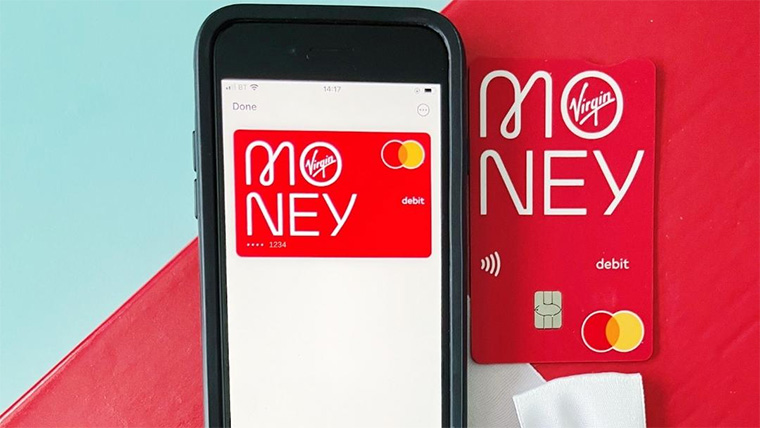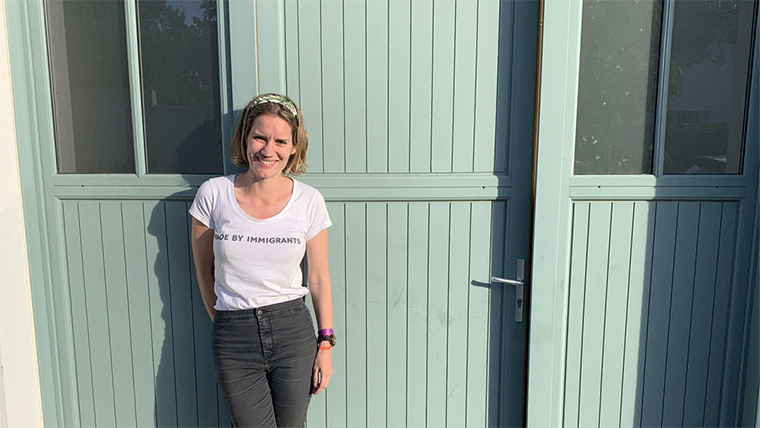
How to improve your businesses cyber security

Agri E Fund: helping farmers create a greener future

Five under £100 hacks that will make your home look more expensive

Five ways to supercharge your business

Eight tips for starting a business from home

How to make stunning lamps without spending a fortune

Seven cheap tricks that'll save you £100s while on holiday

Where to spend and where to save in your beauty routine

Six ways to cut holiday costs that you might not have thought of

How to give your garden patio a mega makeover for less than £80

The five-part toolkit for calming financial anxiety

How to give your money a makeover in 2025 - a month by month plan
 Mastering money
Mastering money
The budget beauty hacks you need to know about
 Mastering money
Mastering money
Eight common money myths - busted
 Money worries
Money worries
Five steps to have a Christmas with less money worry during the cost of living crisis
 Business
Business
Nine marketing tips that will help get your business noticed
 Money worries
Money worries
Let's talk about the 'M' word
 Mastering money
Mastering money
Seven misunderstood financial terms broken down
 Business
Business
The essential guide to mastering your cashflow management
 Money worries
Money worries
It's time to give your money a financial health check - here's how
 Mastering money
Mastering money
Eight incredible apps that will save you money and time
 Travel
Travel
Hoping for a holiday? Top tips on how best to save for your travels
 Money worries
Money worries
Financial fears: how can I fight them?
 Travel
Travel
Save hundreds on your next holiday with my top travel hacks
 Mastering money
Mastering money
Seven great 'finfluencers' to follow
 Mastering money
Mastering money
How to save on your utility bills this winter
 Money worries
Money worries
5 signs you have financial worries and how to cope with them
 Dream home
Dream home
How to add value to your home
 Dream home
Dream home
I paid off my mortgage in my 30s
 Money worries
Money worries
How to get into good financial habits
 Dream home
Dream home
Eight things I wish I'd known before buying my first home
 Travel
Travel